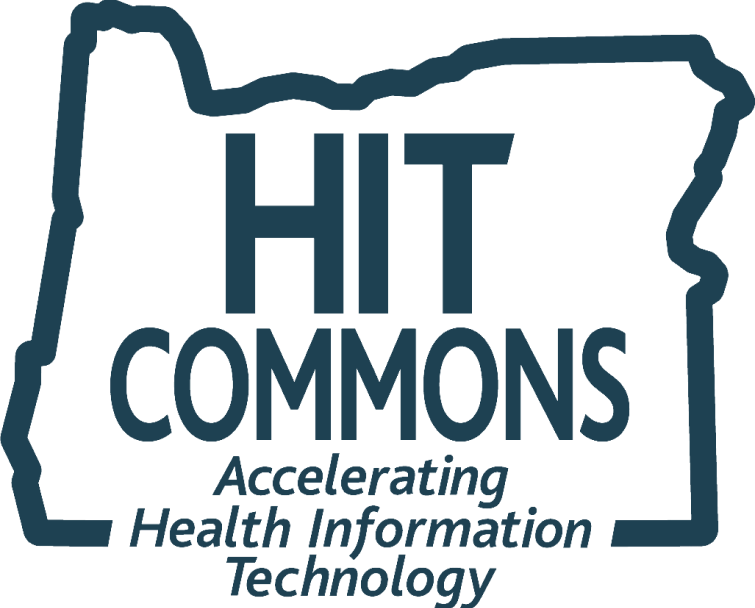There are often no standard processes for communication between EDs and OTPs when patients request or receive methadone in the ED. This document is meant to support EDs and OTPs in providing best practice care for these patients.
The purpose of this survey was to better understand the current practices and challenges in coordinating care between Opioid Treatment Programs and emergency departments, and to inform the development of best practice guidance.
The purpose of this survey was to collect updated information about current ED approaches to providing medication, harm reduction, and follow-up services to patients with OUD, and to determine if there have been changes since the baseline survey and publication of our OUD Treatment in the ED Toolkit.
The goal of this toolkit is to provide a basic framework for EDs that want to build or strengthen their OUD treatment programs and to offer Oregon-specific resources and examples that can help support their success.
Opioid use disorder is treatable with medication and support, but rates in the US have reached epidemic proportions. Emergency departments are uniquely positioned to offer buprenorphine, an evidence-based life-saving treatment, when patients are most open to receiving it, but few currently offer it.
The emergency department (ED) is an ideal setting for opioid overdose death prevention through the distribution or prescribing of naloxone rescue kits, overdose prevention and response education.
Alcohol use disorder (AUD) is treatable with medication and/or psychosocial interventions, but rates are increasing and patients with AUD rarely receive the treatment they need.
The purpose of this survey was to collect baseline information about current ED approaches to providing medication, harm reduction, and follow-up services to patients with OUD, and to help inform content of the OUD Treatment in the ED Toolkit.
Peer support specialists, also known as Certified Recovery Mentors or peers, are people trained to provide recovery support based on their own lived experience of substance use and/or mental health disorder and recovery.
